5 reasons you must know Alexander Solzhenitsyn
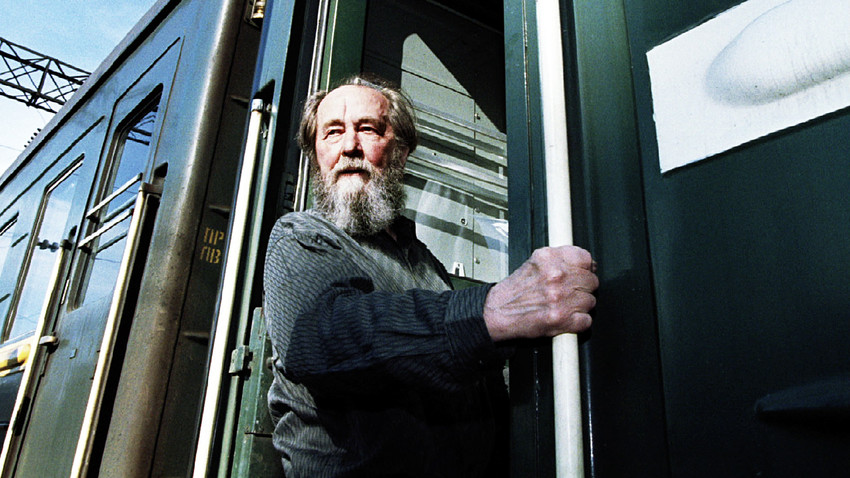
1. He criticized the Soviet government from the position of an avid supporter of the Communist ideology
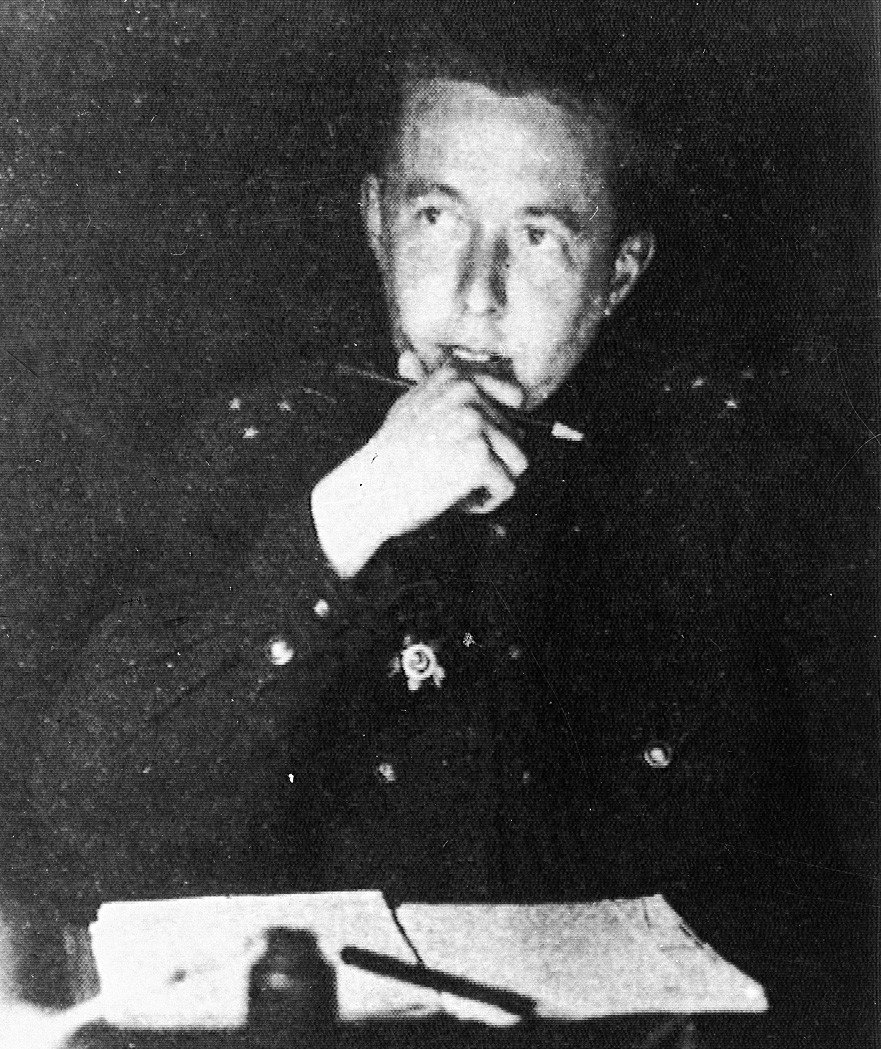
Russian writer Alexander Solzhenitsyn is seen as a captain in the Soviet Army in 1944.
APSolzhenitsyn was first arrested in 1945, while serving in the Soviet army, because of letters that he wrote from the front lines to his friend. Solzhenitsyn at the time was an avid supporter of Lenin’s ideas, and he criticized Stalin for betraying socialist ideology. So, when Solzhenitsyn criticized the policies of the Soviet government, he had done his homework and knew what he was talking about. That’s why he was considered so dangerous and was sentenced to eight years in labor camps.
2. He survived Soviet labor camps and risked writing about it
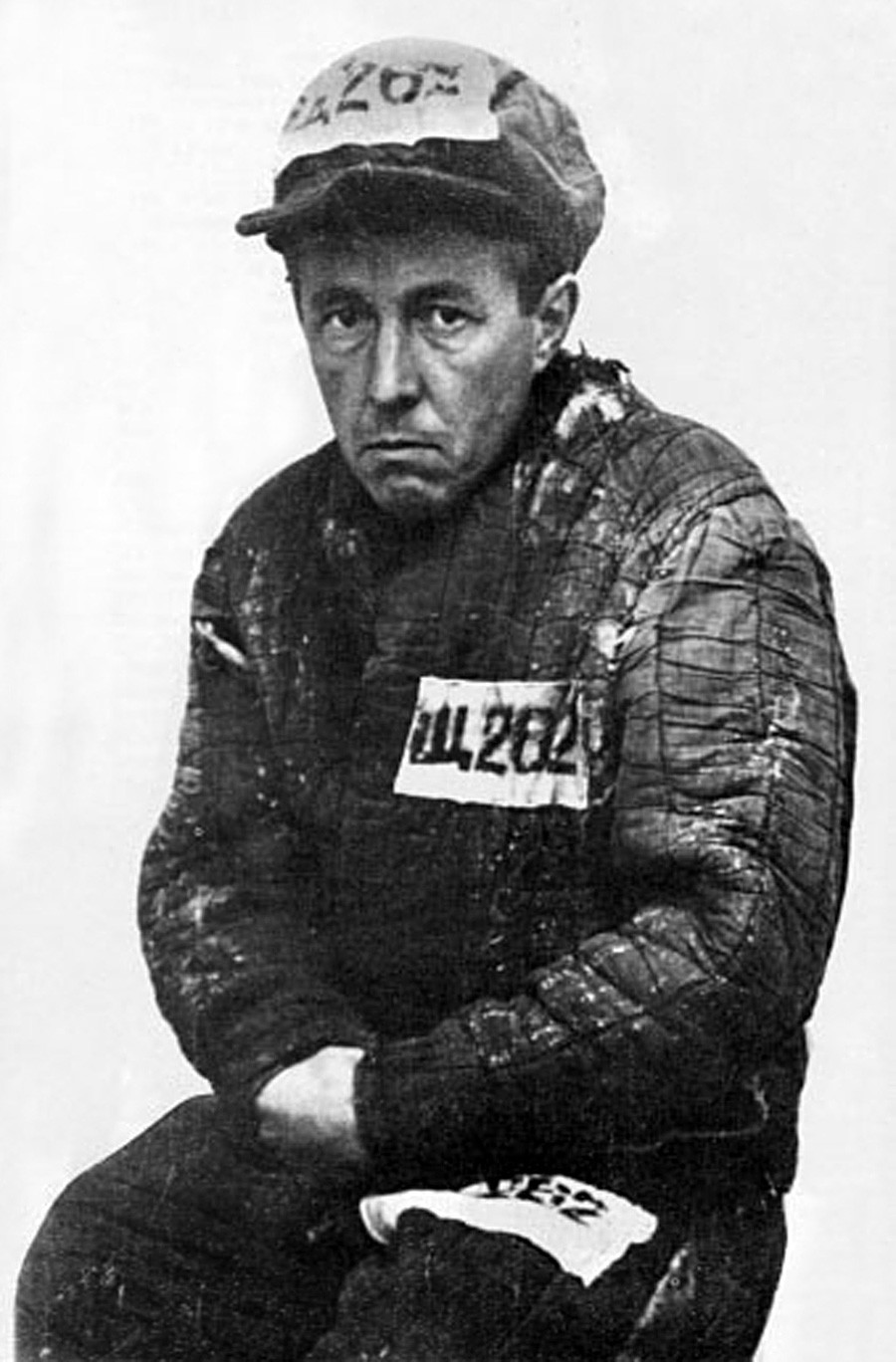
Alexander Solzhenitsyn in a convict's robe.
Getty ImagesThis experience allowed Solzhenitsyn later to describe the appalling and deadly conditions of Soviet labor camps in his prose, and eventually to tell the world about it. In 1953, his sentence was suspended, but he was exiled to Kazakhstan.
3. He was so dangerous that the KGB tried to assassinate him
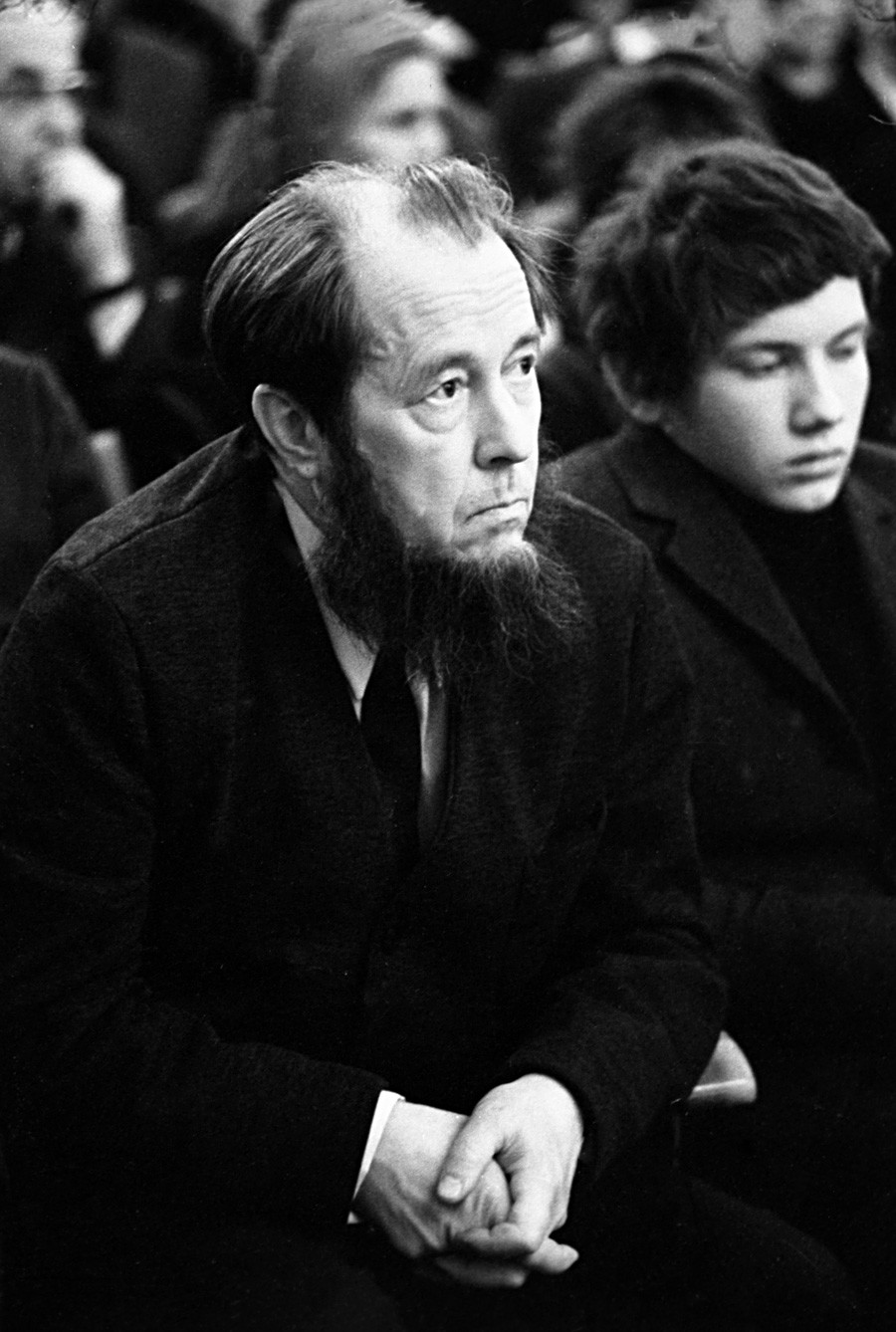
Alexander Solzhenitsyn in December 1971, 4 months after the assassination attempt.
Lev Ivanov/Sputnik/SputnikWhen other stories, no less hostile to the Soviet regime, were published, the KGB resumed its pressure. In 1965, they confiscated his archive. Solzhenitsyn’s works were again banned when Leonid Brezhnev became General Secretary of the Communist Party. The KGB even organized a
During Solzhenitsyn’s trip to the city of Novocherkassk, a KGB agent followed him and injected the writer with poison. As Solzhenitsyn recalled, “I don’t remember any puncture but in the middle of the day my skin on the left side of my body started to ache. By evening, it got worse, a large burn; by the morning it became immense – the whole left
READ MORE: 5 books by Alexander Solzhenitsyn that you should read
4. He was one of the few dissidents who spoke out in the West – and not always in favor of Western ideas

Alexander Solzhenitsyn in the U.S.
Getty Images5. He didn’t stop criticizing the Russian government even when Yeltsin and Putin revered him
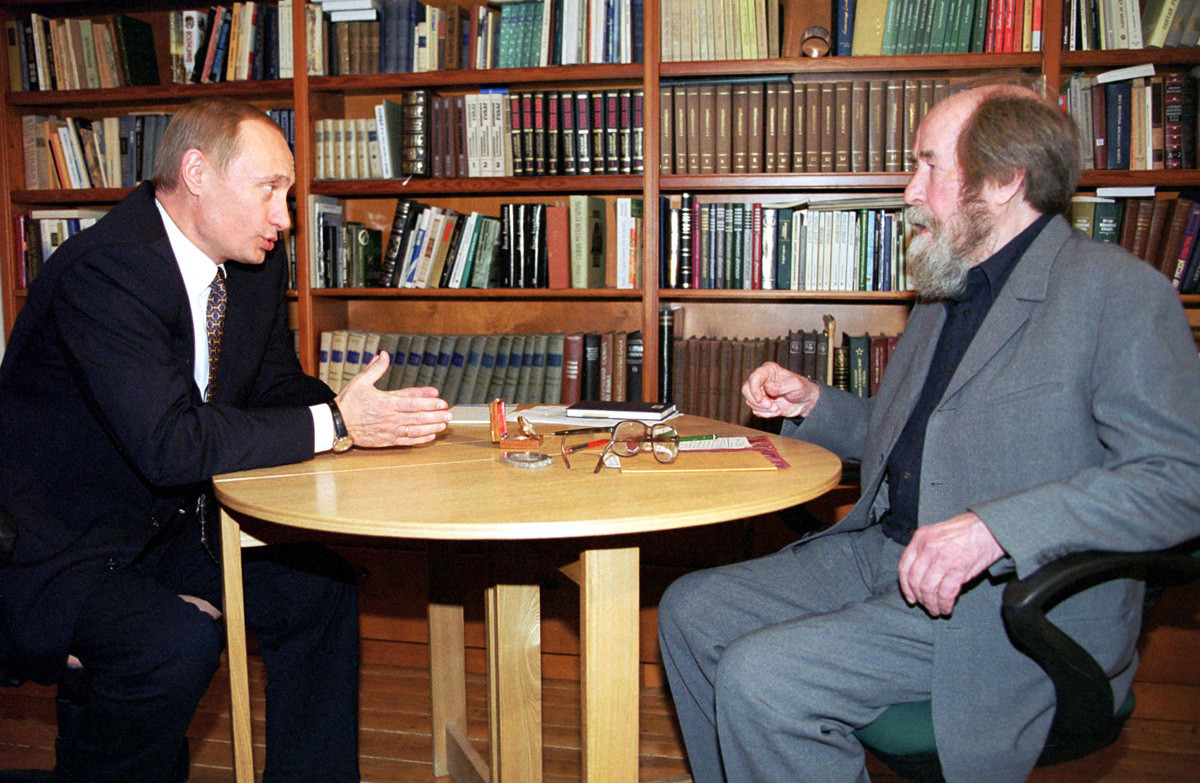
President Vladimir Putin (L) speaks with Russian writer Alexander Solzhenitsyn in Moscow September 20, 2000.
ReutersIn 1990, Solzhenitsyn’s Russian citizenship was reinstated. A lot of his works were now freely published at home. In 1992, Boris Yeltsin had a long phone conversation with him, and in 1994, the writer returned to Russia, gave a speech before the State Duma and was presented with a flat and a dacha in Moscow. But when in 1998 he was awarded the Order of St. Andrew, Russia’s highest award, he refused because he still detested the Russian authorities and their actions – mainly, the privatization of state property and the First Chechen War.
Later, during Vladimir Putin’s time as President, Solzhenitsyn accepted some lesser awards, including the State Prize of the Russian Federation, although he remained skeptical about most of the Russian government’s actions.
If using any of Russia Beyond's content, partly or in full, always provide an active hyperlink to the original material.
Subscribe
to our newsletter!
Get the week's best stories straight to your inbox